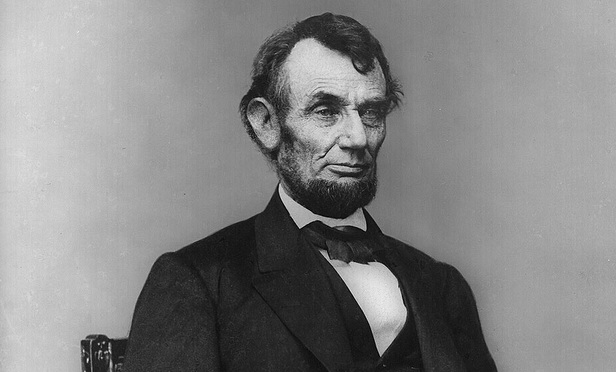Abraham Lincoln, at age 29, used a speech on Jan. 27, 1838 to the Springfield Young Men’s Lyceum to put down his line in the sand on a vital issue of his times. He firmly set his course against mob rule, criticizing those who take to the streets and the facilitators who rouse them to destructive paths. The young lawyer would not be taken in by feigned disclaimers of “no violence” voiced from those simultaneously stirring up the passions of the citizenry. He would see through the hollow hypocrisy of “No Justice—No Peace,” uttered as an implied threat that mock the true virtues of justice and peace.
Young Lincoln’s lesson provides guidance about the modern tendency to override the orderly processes of law. His perspective is highlighted in an excellent book by Lincoln scholar Harold Holzer: “Lincoln and the Power of the Press: The War for Public Opinion.”
This content has been archived. It is available through our partners, LexisNexis® and Bloomberg Law.
To view this content, please continue to their sites.
Not a Lexis Subscriber?
Subscribe Now
Not a Bloomberg Law Subscriber?
Subscribe Now
LexisNexis® and Bloomberg Law are third party online distributors of the broad collection of current and archived versions of ALM's legal news publications. LexisNexis® and Bloomberg Law customers are able to access and use ALM's content, including content from the National Law Journal, The American Lawyer, Legaltech News, The New York Law Journal, and Corporate Counsel, as well as other sources of legal information.
For questions call 1-877-256-2472 or contact us at [email protected]



